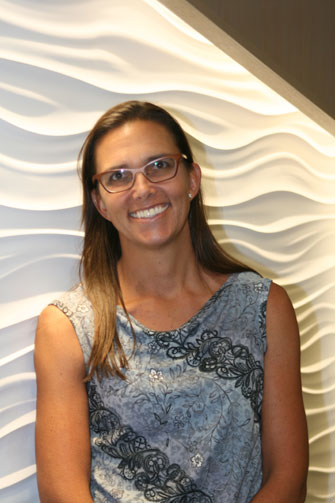
Brittany Star Hampton is an associate professor of Obstetrics and Gynecology in the Division of Urogynecology and Reconstructive Pelvic Surgery, and clerkship director for Obstetrics and Gynecology Core Clerkship at the Warren Alpert Medical School of Brown University and Women and Infants Hospital in Providence. Dr. Hampton has a strong interest in clinical urogynecologic research, medical education and medical education research, mentoring, and global health. She has authored more than 30 manuscripts, lectures nationally on her areas of interest, and holds leadership roles in national organizations such as Society of Gynecologic Surgeons, American Urogynecologic Society, Association of Professors of Gynecology and Obstetrics and International Organization for Women and Development. Dr. Hampton travels yearly with physicians-in-training to sub-Saharan Africa for obstetric fistula repair and education.
photo by Agapao Productions
The definition of dignity is the quality of being worthy of honor and respect. The inspiring women being honored by the YWCA all have different skill sets and abilities for promoting dignity in others. As a reconstructive pelvic surgeon, I have the unique ability to restore dignity for women by helping them overcome the problems of urinary and fecal incontinence, and pelvic organ prolapse. I do this as a physician in Providence, Rhode Island, and see the impact it has on giving my patients the freedom to live their lives without embarrassment or shame. These women have the ability to access me and my practice.
But not all women have this access to needed healthcare. Having a strong interest in global health, I also travel yearly to Kigali, Rwanda to operate on women who need my skills.
These are women who suffer from obstetric fistula, a debilitating condition that occurs in women who do not have access to appropriate care during labor and delivery. These are women who have likely lost their baby and gained a fistula, or connection, between either their bladder or bowel and vagina. They are left with constant leakage of urine or feces. Subsequently most are abandoned by their husbands and families, unable to plow their fields and complete their tasks as subsistence farmers, and shunned from their village. These are women who live in a country that does not have surgeons trained to take care of these complex problems, surgeons like me.
Restoring dignity to these women, and the freedom to live their lives again, by donating my time as a surgeon is one of the most rewarding things I do. My team works alongside Rwandan physicians, teaching them skills needed to take care of these women once we leave, with the hope that one day they will be able to take care of the women in their country. An estimated 3.5 million women suffer from fistula worldwide. The fifty or so women that my team helps each year is just a drop in the bucket of need, but it is fifty women who see a team of care providers who care about them. Fifty more lives restored with dignity.

